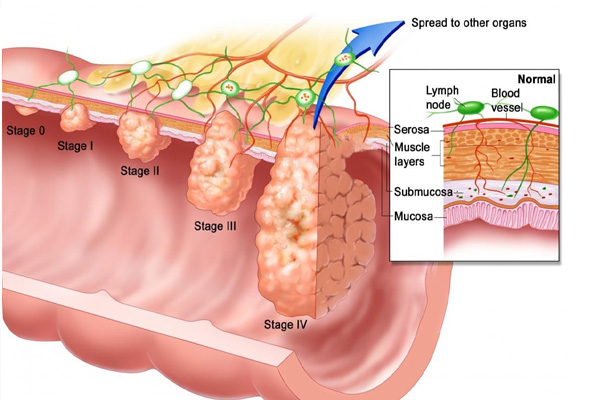What are Anal Warts?
Anal warts (condylomas) are small skin-colored or pink-colored growths or spots in or around the anus. These growths can become large and cover the entire anal area. Anal warts are one of the most common sexually transmitted infections in the United States. Although anal warts affect both genders, more women than men are diagnosed with anal warts.
